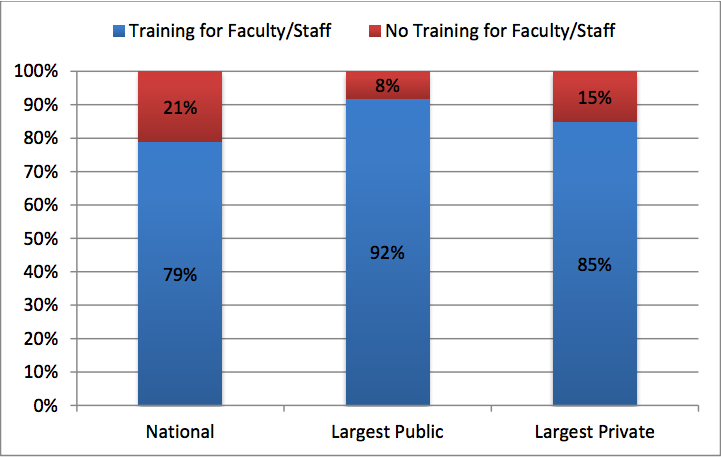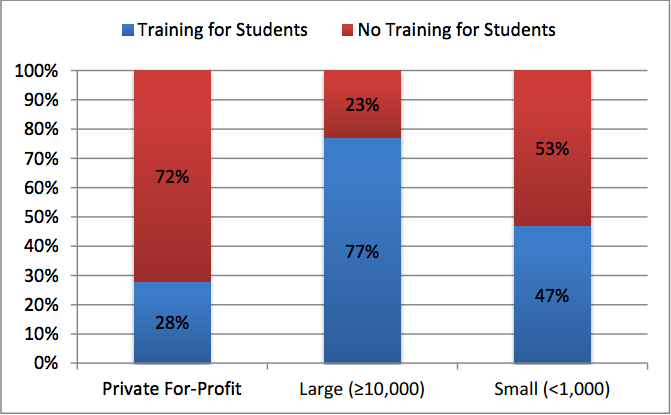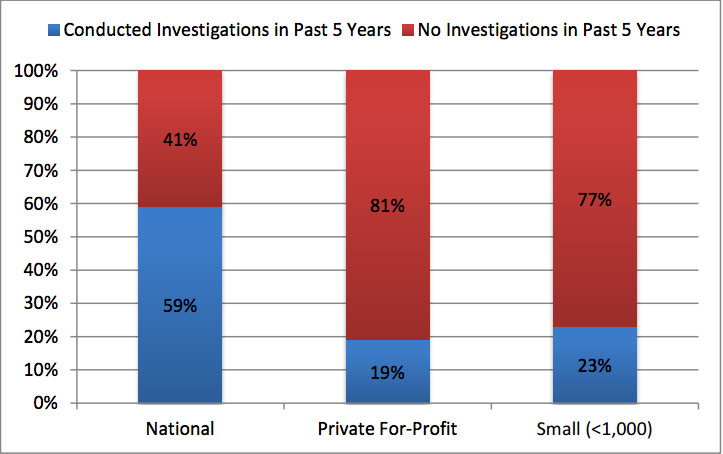View this video on YouTube
A roundtable on colleges' sexual assault policies chaired by Sen. Claire McCaskill.
Most colleges and universities lack accurate information about the number of rapes on their campuses, and many do not encourage students to report sex crimes, according to a report released Wednesday by Sen. Claire McCaskill, Democrat of Missouri.
The survey shows that most colleges and universities do not train students in how to respond to and help prevent sex crimes, and that despite the prevalence of rape on college campuses, universities nationwide are not investigating sexual assault cases.
According to the report, institutions failed to comply with laws regarding handling sexual violence on campus in various ways, including failing to have a Title IX coordinator, not knowing the scope of the problem on their campuses, not responding to students' reports of sexual violence, not training students, faculty, and staff on preventing and responding to rape, and having biased or harmful procedures for adjudicating sexual crimes.
Annie Clark, a consultant for the organization End Rape on Campus, was disappointed but not surprised by the report's findings.
"McCaskill's survey gives us the data to support what we know anecdotally," she told BuzzFeed. "Schools aren't handling sexual assault well."
A activist from FORCE: Upsetting Rape Culture, Rebecca Nagle, expressed a similar sentiment.
"The results of the survey are not surprising, but they're sad," Nagle told BuzzFeed. "We're at the brink of having a mainstream conversation about the epidemic of sexual assault. This is not a niche issue, it's a social justice issue that effects everybody."
McCaskill's staff sent questions regarding rape and sexual assault cases to 350 four-year schools, as well as the nation's 50 largest public universities and 40 private, nonprofit universities with at least 15,000 students.
Of 236 schools that responded, more than 20 percent of schools nationwide provided no sexual assault response training for faculty and staff.

Seventy-two percent of private schools said they did not provide any sexual assault training (in prevention or response) for students.
Most institutions with more than 10,000 students provide some training, but about half of institutions with fewer than 1,000 students provide no training at all.

In the past five years, 80 percent of private colleges have conducted no investigations into sexual assault reports to determine what occurred.
The survey found that 41 percent of all schools do not investigate rape.

The report reads:
Every institution that knows or reasonably should have known about sexual violence has an obligation to conduct an investigation to determine what occurred. This obligation to investigate is independent of any other investigation (for example, law enforcement) that may cover the incident.
Despite the prevalence of campus sexual assaults, about 41% of schools in the national sample reported not having conducted a single investigation in the past five years.
View this video on YouTube
McCaskill's second roundtable discussion, focusing on reporting and preventing rape.
“The massive survey of schools demonstrates a disturbing failure by many institutions to comply with the law and with best practices in how they handle sexual violence against students,” said McCaskill.
"Institutions across the country need to recognize sexual violence for what it is—a crime—and work to prevent it and effectively address it when it does occur," McCaskill wrote.
"Although there have been some improvements over the last decade. There is clearly still much work to be done"


